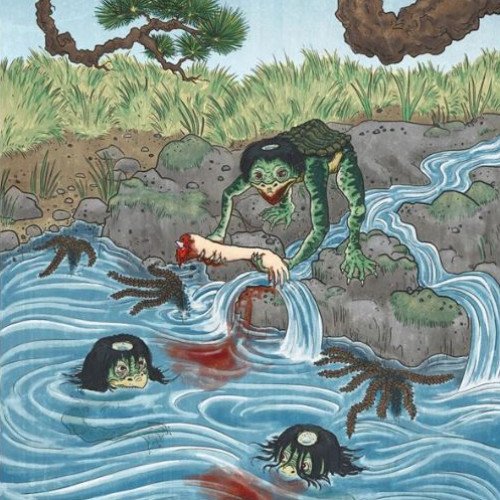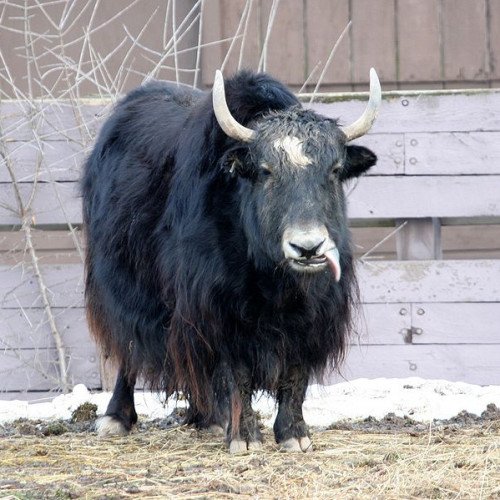Kappa (folklore) VS Kui (Chinese mythology)

Kappa (folklore)
A kappa (河童, river-child)—also known as kawatarō (川太郎, "river-boy"), komahiki (駒引, horse-puller), kawatora (川虎, river-tiger) or suiko (水虎, water-tiger)–is an amphibious yōkai demon or imp found in traditional Japanese folklore. They are typically depicted as green, human-like beings with webbed hands and feet and a turtle-like carapace on their backs. A depression on its head, called its "dish" (sara), retains water, and if this is damaged or its liquid is lost (either through spilling or drying up), the kappa is severely weakened. The kappa are known to favor cucumbers and love to engage in sumo wrestling. They are often accused of assaulting humans in water and removing a mythical organ called the shirikodama from their victim's anus.
Statistics for this Xoptio

Kui (Chinese mythology)
Kui (Chinese: 夔; pinyin: kuí; Wade–Giles: k'uei) is a polysemous figure in ancient Chinese mythology. Classic texts use this name for the legendary musician Kui who invented music and dancing; for the one-legged mountain demon or rain-god Kui variously said to resemble a Chinese dragon, a drum, or a monkey with a human face; and for the Kuiniu wild yak or buffalo.